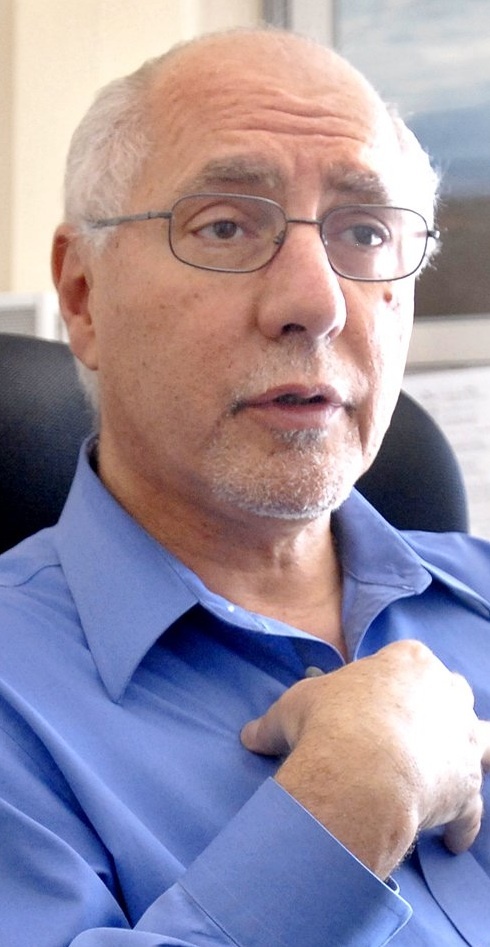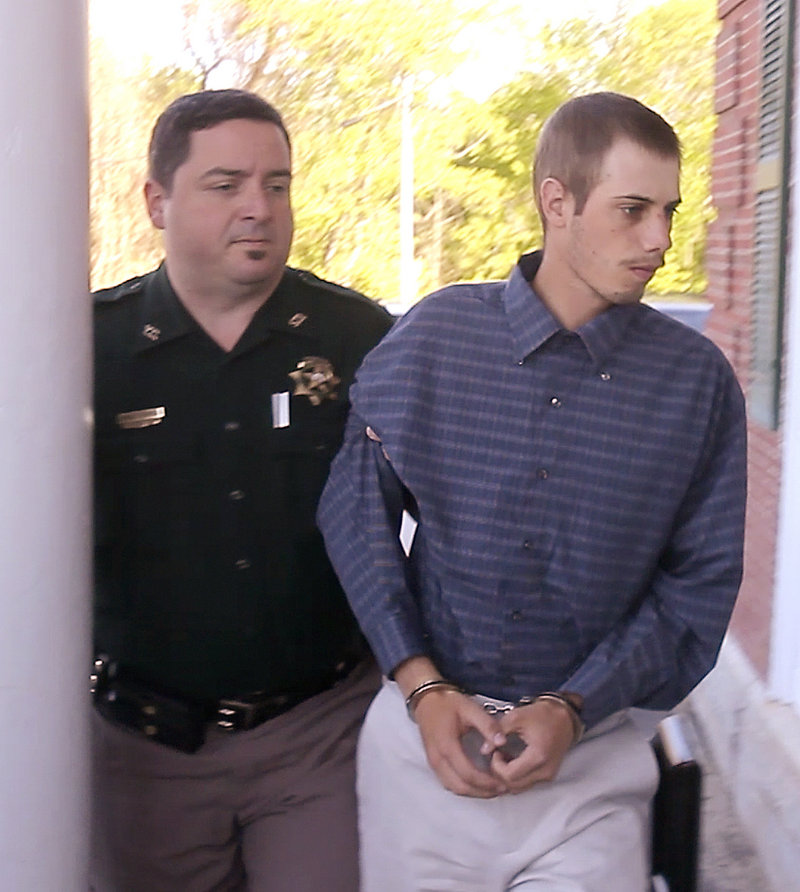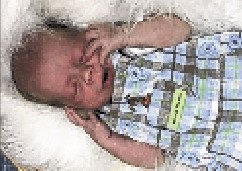Maine’s leading forensic pediatrician says that a broken arm, which 10-week-old Ethan Henderson of Arundel had six weeks before he was killed, is the kind of injury that all medical personnel should view as a likely sign of child abuse.
Dr. Lawrence Ricci, whose Spurwink Child Abuse Program was called in after the boy arrived at Maine Medical Center with critical brain injuries on May 5, said Friday he knows of no report being made when Ethan was treated for the arm fracture when he was 4 weeks old.
“Any bruise in a non-ambulatory infant should immediately initiate a vigorous investigation. … At the very least, they should be in contact with a child abuse pediatrician,” said Ricci, co-director of the program, which handles most of the forensic child abuse work in the state.
He said that responsibility went beyond the boy’s pediatrician, to any nurses, specialists and X-ray technicians, parents, family members and friends who suspected that the boy’s arm injury was not an accident — as his father said.
“If you want to start naming names, name everybody — anybody who knew the child had a broken arm,” Ricci said.
Gordon Collins-Faunce, 23, is charged with depraved indifference murder. He allegedly squeezed his son’s head and threw him into a chair on the morning of May 5 at the family’s home in Arundel.
According to a police affidavit, Collins-Faunce also admitted to breaking his son’s arm when the boy was 4 weeks old, but said at the time that the arm had gotten stuck in the crib when he picked up the child.
Families members say Ethan’s life might have been saved by a referral to the state Department of Health and Human Services and intervention by the department’s child protection workers at that point.
The DHHS did receive a complaint that Ethan’s 3-year-old half sister was “covered in bruises” and that he and his twin brother were sick and not getting medical attention, but it’s not clear when that report was received.
The extent of the DHHS’s involvement with the family is not clear because the Attorney General’s Office has instructed the department not to release details until after the criminal case — which is expected to last about a year.
Ricci said the state’s Child Death and Serious Injury Review Panel, which he serves on, shouldn’t wait to do an analysis of the incident.
“Every day we wait to do an analysis, kids are falling through the cracks,” Ricci said. “If there are changes in the works, and the governor seems to be saying there are, then this kind of case is a good case to talk about what should happen.”
He suggested generating a report for the governor and a less detailed report for the public.
Gov. Paul LePage said last week that the DHHS sometimes does not remove children from abusive families quickly enough.
Therese Cahill-Low, director of the state’s Office of Child and Family Services, said she is not opposed to having the panel analyze the circumstances of Ethan Henderson’s case, “but we do follow the advice of the attorney general.”
Deputy Attorney General William Stokes said Friday that he did not want to comment on the suggestion, but he noted that the panel’s work is confidential by statute and his concern is public release of details surrounding a murder case.
Intervention does not have to involve placing a child in state custody, child advocates say. If authorities can identify the abuser, that person can be ordered to stay away while other family members care for the child. If it’s not clear who in the household is responsible, a child can be placed with members of the extended family.
Ricci said those decisions should be made quickly when there are signs of abuse.
“One shouldn’t say, ‘We’re going to take our time with this.’ Waiting can lead very possibly to a case with bad outcomes,” he said, especially with infants, who are more likely to die or suffer brain injuries that have lifelong consequences.
“The safest course is, put the baby in the hospital, do a big workup, get child protective services involved and make safety decisions while the baby is in a safe environment,” Ricci said.
Ricci said doctors can miss signs of abuse because they are not necessarily good at identifying when a family member is lying.
“They can be very gullible, very trusting, and they want to believe the parents have the best interest of the child at heart,” he said. “People can be very convincing.”
Also, physicians are not necessarily good at identifying high-risk families, in which there is drug use or past criminal behavior.
Some states, including New York, require doctors who interact with children to have training in identifying abuse injuries. Ricci said Maine should have a system in which such training is required for re-certification of doctors, dentists and other medical personnel who work closely with children.
Reporting suspicious injuries is not the same thing as accusing someone of abuse, he said. About half of the injuries he sees in the Spurwink Child Abuse Program turn out to be something other than abuse.
Staff Writer David Hench can be contacted at 791-6327 or at:
dhench@pressherald.com
Send questions/comments to the editors.





Comments are no longer available on this story